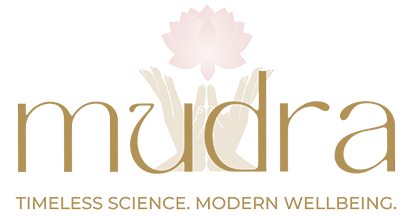"Curing is the elimination of symptoms. Healing is the restoration of the meaning that the
illness has been taken away" - Rachel Naomi Ramen
The above quote by renowned physician and author, Rachel Naomi Ramen, beautifully captures the difference between curing and healing. While curing focuses on alleviating physical symptoms, healing encompasses the restoration of meaning, purpose, and a sense of wholeness that may have been affected by illness.
“Curing” and “Healing” are related words often used interchangeably in the context of medical treatments. However, curing typically refers to the elimination or resolution of a specific disease or condition, while healing encompasses a broader scope, involving the physical, psychological, emotional, and spiritual well-being of an individual.
In Ayurveda, the traditional system of medicine originating from India, the concepts of curing and healing are intricately intertwined. Ayurveda places a strong emphasis on achieving balance and harmony within the body, mind, and spirit to promote holistic well-being. As a holistic system of medicine, Ayurveda recognizes not only the subtle anatomy, mind, and spirit but also acknowledges the significance of emotions and physical anatomy in the healing process.
Curing in Ayurveda involves identifying the root cause of an illness or imbalance and employing specific treatments to eliminate the underlying cause. Ayurvedic practitioners aim to restore the natural balances of the doshas (Vata, Pitta, and Kapha) and remove any obstructions or imbalances in the body. This involves using herbal remedies, dietary changes, lifestyle modifications, detoxification practices, and specific therapies such as Panchakarma.
However, Ayurveda goes beyond the concept of curing and places a strong emphasis on healing. It recognizes that true healing involves the restoration of harmony on all levels of existence – physical, mental, emotional, and spiritual.
Ayurveda also emphasizes preventive care and maintaining balance to prevent illness from occurring in the first place. It encourages individuals to adopt healthy habits, follow seasonal routines, and cultivate a positive mindset to promote overall well-being and prevent imbalances.
In the words of David Frawley, a master educator in the field of Ayurveda and Vedic studies,
"As long as we are not living in harmony with nature and our constitution, we cannot expect ourselves to be really healed. Ayurveda gives us the means."
Ayurveda works at the core of our personality, lifestyle, and behavior, providing tools for a complete disease-free lifestyle.
The path sculpted by Ayurvedic physicians thousands of years ago prescribes a way of living that goes beyond the eradication of physical ailments. Ayurvedic wisdom reminds us of the interplay between the individual and the universe, highlighting the importance of harmonizing our internal microcosm to promote healing, balance, and interconnectedness with the greater whole.
Healing, which involves broader aspects of well-being and restoration, is something that we can actively work towards and achieve regardless of the outcome of a specific medical intervention.
"While curing is often beyond our power, healing is always within our reach."
 Log in
Log in




